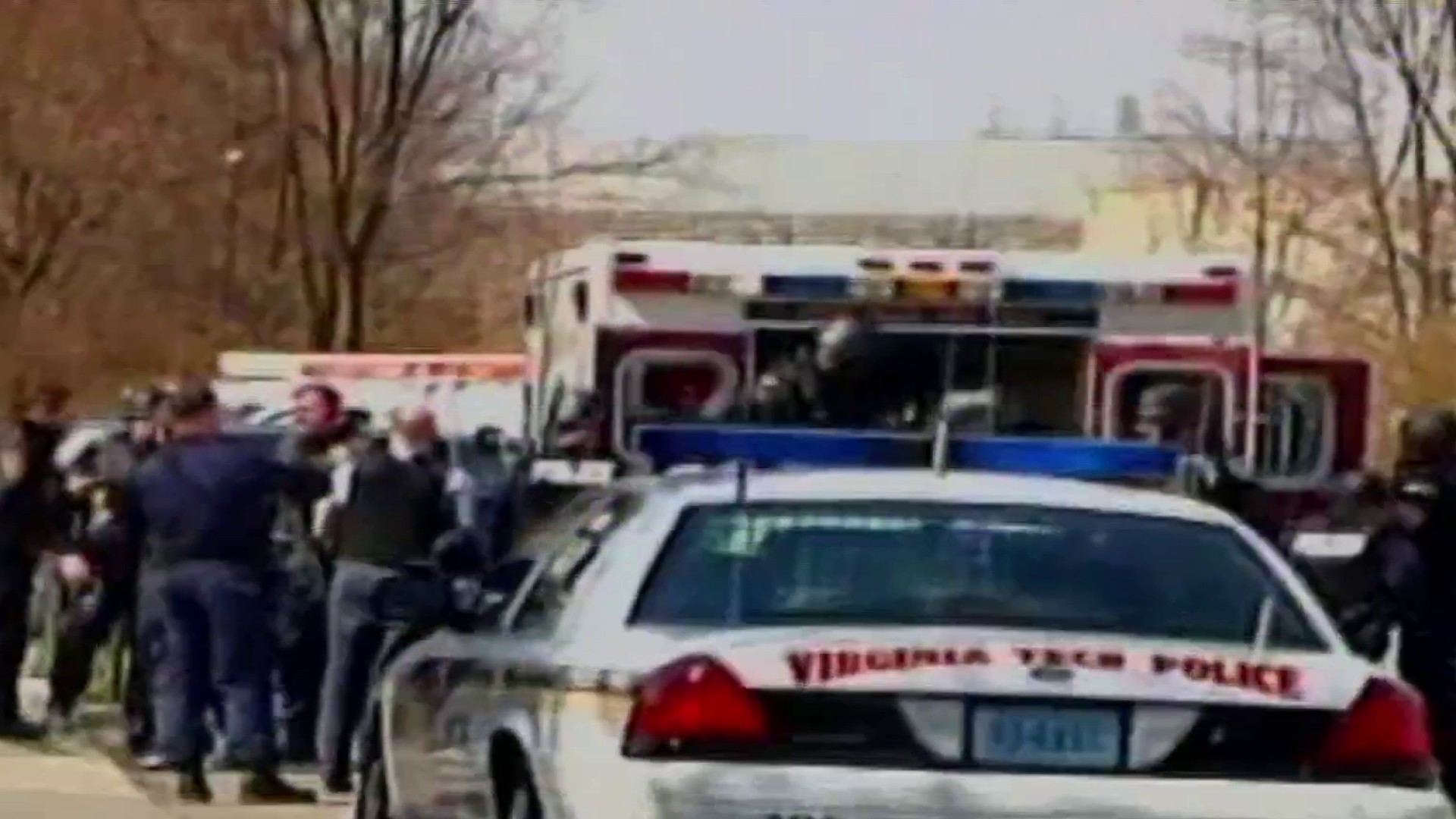Prince George's County State's Attorney Aisha Braveboy announced a new plan for juvenile justice reform in the county on Wednesday.
Braveboy's office will take a role in sending more young offenders to diversion programs instead of jail for less violent offenses, she said.
"What we want young people to know is that the community cares about them, that we are investing our resources, our time and our efforts giving them the best possible chance for success," Braveboy said. "It is not in the system; the system does not breed success."
The diversion program begins Wednesday, the state's attorney said.
Several police departments, nonprofits and the school system are partnering with the effort, as well as Bowie State and Howard universities. Prince George's School CEO Monica Goldson said it starts by decreasing arrests within the school system.
"We have teenagers who make mistakes," Goldson said. "I guarantee you there is not a single person in this room that has not made a mistake, who's been provided a second chance; someone's wrapped their arms around them and helped them get back on the right path."
Between 2015 and 2016, 21 percent of school-aged children arrested in Maryland lived in Prince George's County, the state's attorney said. Sixty-six of those arrested were African American, she said.
Local
Washington, D.C., Maryland and Virginia local news, events and information
For some teens in Prince George's County, diversion programs have been known to make a difference.
After a fight in school, tenth grader Imani Jones was on her way to jail.
"I just didn't care. I just didn't care about nothing anymore," Jones said.
Then, an alternative diversion program changed her life.
"My grades got better, I'm not disrespectful like I used to be. My attitude changed," she said.
Shaniya Yates, now a senior in college, was spared a juvenile record in high school thanks to a diversion program after she committed a crime. Now, she volunteers with one.
"If people would have looked at me then and said, 'She's just bad' ... they would not picture me here now," Yates said.
Jones' grandmother said she believes diversion has helped her granddaughter and their community.
"When my granddaughter got in the diversion program, I didn't like it because it was just a simple fight, but it helped her, it really did," she said. "I was against it at first, but now I'm for it because I really see a change now."



